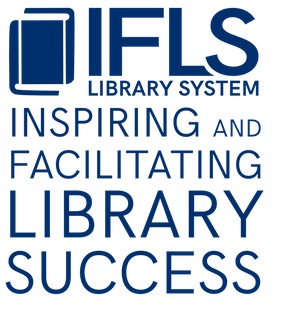In recent workshops in IFLS-land with brilliant presenters like Dr. Dipesh Navsaria, Jim Gill and Saroj Ghoting, we have been learning a lot of important stuff about early literacy, the importance of helping children and their caregivers get access to great resources and information about child development, and the lasting negative effects of unmitigated toxic stress.
A colleague in the public health field sent along an article about a new study that indicates the long-lasting health benefits of high quality early childhood education. Previous studies have shown the long-lasting cognitive and academic benefits of high quality experiences. The current one looked at adults who, as infants and young children, received consistent, high-quality care in one setting, the Abecedarian Project in North Carolina. These adults now have a significantly lower risk of hypertension and heart disease. “Even without pinpointing a single mechanism responsible for improved adult health, scientists…agree that early childhood interventions are an encouraging avenue of health policy to explore. ” (source)
This has further implications for us as youth services librarians. How can we improve the early childhood opportunities for young children? How can we help support families and caregivers, daycare providers and grandparents and even teens who are babysitting? For some great ideas, don’t forget to keep track of the Growing Wisconsin Readers Blog!
Inspiring Intergenerational Community Art Projects
Thanks so much to Shelly Collins Fuerbringer from the L.E. Phillips Memorial Public Library in Eau Claire for these inspiring ideas! This summer we offered a CD weaving project with the idea of stringing all the finished products together to create a beautiful wall...

